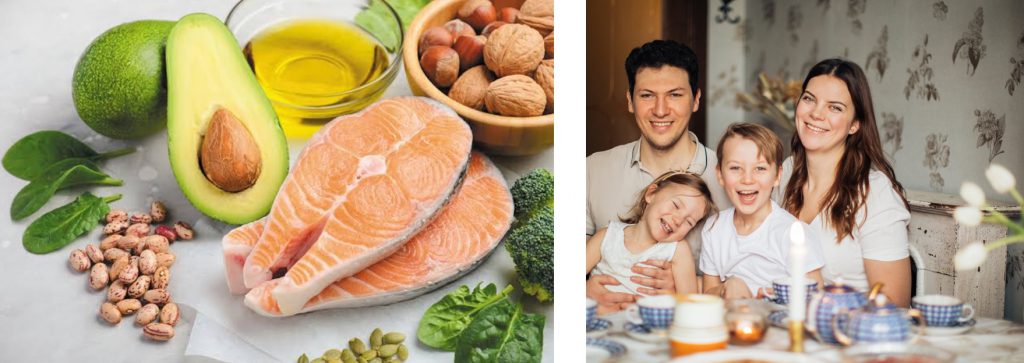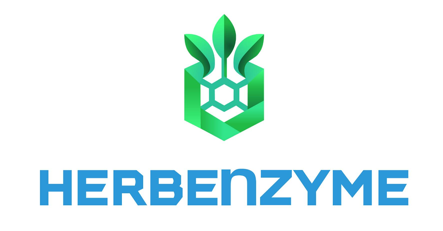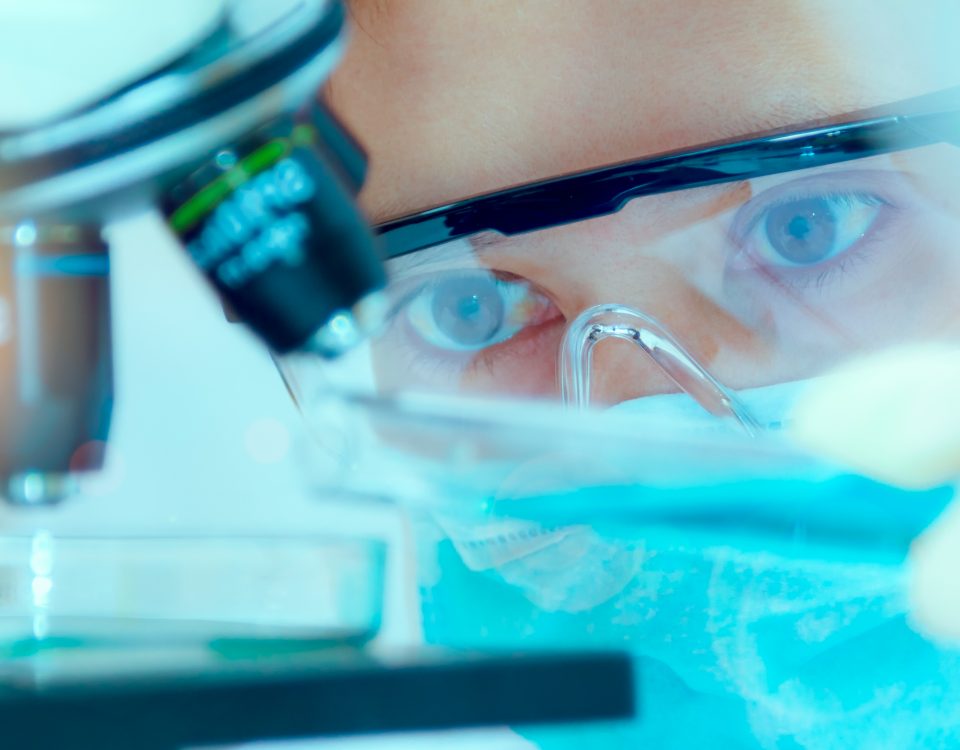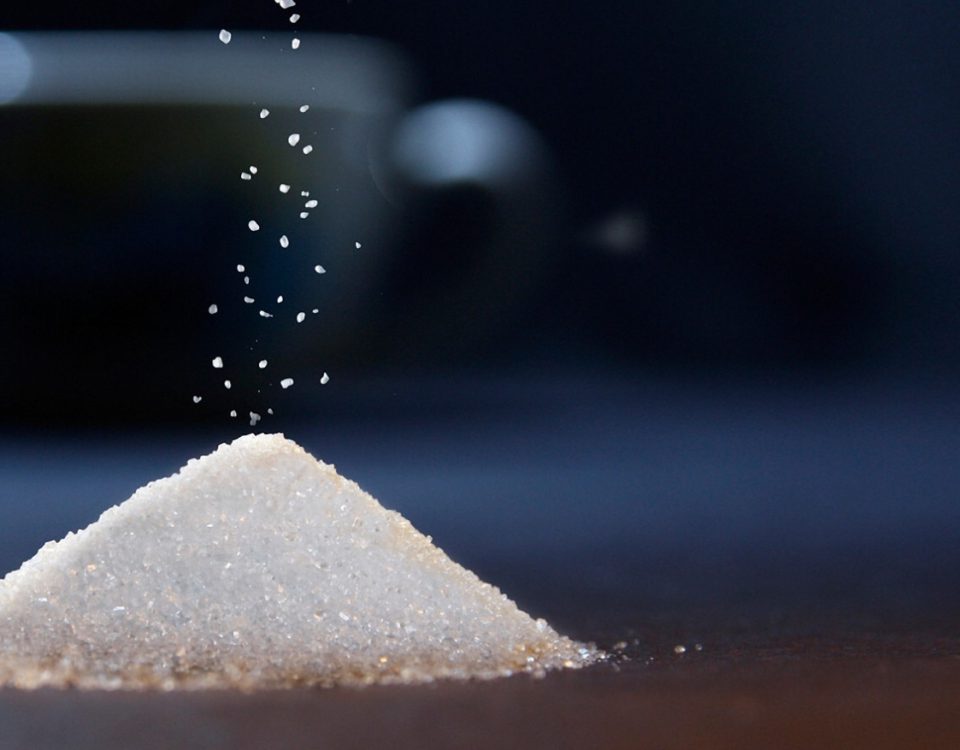- Contact us
- +66 98 591 9959
- contact@herbenzyme.com
Avoid trans-fats: Lifestyle factors that contribute to diseases

The danger of excess sugar
June 23, 2020
Simple, scientifically-proven steps to maintain good health
August 23, 2020Fats and oils from food are very important nutrients but the general perception of the public has for some time been that fat is bad and that foods with fat and oil should be avoided for good health. The common idea has been that fats and oils cause obesity, raise cholesterol and cause many diseases. There is confusion and fear regarding saturated fat and cholesterol. These misconceptions of the role of fats and cholesterol in metabolism need clarification which is exactly what we’re about to do. Let’s begin.
The importance of fats and oil to the body and overall health
Fats and oil are required for the production of cholesterol, the most important fat and a precursor of many important substances for bodily functions, from Vitamin D to hormones. Fat in the form of EPAs (an omega-3 fatty acid) support normal platelet function and helps prevent platelet aggregation and clotting, reduces inflammation, and supports the dilation of blood vessels. Fat helps the absorption of vitamins A, D, E and K, the so-called fat-soluble vitamins. It fills your fat cells and insulates your body to keep you warm. Moreover, fats are the composition of all hormones, nerve insulation (myelin) and cell membranes. Fats, mainly triglycerides, are a reserve energy source for the body. It supports protein activity and is necessary for breast milk production, the most important fatty acid in mother’s milk being DHA. As you can see, fats and oils are vital for good health. Now let’s move on to what we mentioned is the most important fat: Cholesterol.
What is cholesterol?
Amongst all fats, cholesterol is a very important fat which is naturally produced by humans as well as animals (plants cannot make cholesterol but produce something similar called sterols). Cholesterol is a steroid lipid (fat) found in every cell in the body and in blood. It is a precursor for the production of many substances such as but not limited to adrenal hormone, sex hormones, and vitamin D. It also produces the myelin sheath that surrounds nerve fibers, and makes bile salts that emulsify fats in the diet. 80% of cholesterol is produced in the body, mainly in the liver, while on average 20% of cholesterol in the body comes directly from food intake. Cholesterol and other lipids like Low Density Lipoproteins (LDL), High Density Lipoproteins (HDL) and Triglycerides are necessary for normal cellular functioning, but as with anything, it must be in proper levels and with balance.
Cholesterol is different from other fats
Unlike other fats and oils, cholesterol can be easily absorbed in the small intestine without changing to fatty acids. Cholesterol from food sources can be used by the body to produce other required substances, but does not directly produce energy. Contrary to popular belief, cholesterol is not harmful to our health and is in fact an essential substance. It acts as an anti-oxidant and protects cell membranes from damage caused by free radicals. Problems we experience with cholesterol are usually due to inflammation and oxidation in the body, not excessive cholesterol levels in the blood. If cholesterol gets oxidized, it produces free radicals and causes tissue damage, such as damage in the lining of the blood vessels. We have to make and take enough cholesterol to maintain normal health and functioning, otherwise our organs such as the liver, brain, intestines and adrenal glands will have reduced function and efficiency.

How do LDL, HDL, and Triglycerides relate to Cholesterol?
LDL or Low Density Lipoprotein are small particles of a lipid/protein molecules that act as a carrier, moving cholesterol through blood to its destination within the cells. Once cholesterol is bound to LDL, it becomes Lipoprotein-Cholesterol (LDL-C). LDL-C needs to be in a particular range of concentration in order to maintain normal cholesterol metabolism. If LDL-C is too high, it may contribute to atherosclerosis (hardening and narrowing of the arteries) but only where there is inflammation in the arterial walls. Inflammation of blood vessels can be reduced by avoiding the causes, such as high blood sugar, toxins, free radicals, infections, toxic chemicals, heavy metals, etc. So to summarize, LDL is important in moderation. We need to control the level of LDL-C in the blood, not cholesterol itself. As stated above, high levels of LDL-C can contribute to coronary artery disease and circulatory problems in the brain, thereby raising the risk of Stroke, Parkinson’s, Alzheimer’s, and paralysis. High levels of LDL-C often occur along with too-low levels of HDL.
HDL or High Density Lipoprotein acts as a carrier in removing cholesterol from blood vessel walls and peripheral tissues, transporting it to the liver for metabolism and processing into bile salts. It is considered to be protective against cardiovascular disease. When HDL is bound with cholesterol it is referred to as HDL-C. We need to maintain adequate levels of HDL to remove LDL-C from the blood. HDL is considered to be “good cholesterol”, and is thought to be protective against atherosclerosis.
Triglycerides is the most common type of fat found inside your body. They are produced by the liver and also come from food sources, especially butter, oils and other fatty foods. If you consume more calories than the body can metabolize, the extra calories are converted into triglycerides and stored within fat cells. Triglycerides are then released when the body needs extra energy. Very low density lipoproteins (VLDL) carry the triglycerides to your tissues. Elevated triglyceride levels are associated with increased risk of cardiovascular disease, so your blood triglyceride levels should be no higher than 150 mg/dl, although the optimum healthy range is thought to be 70-110 mg/dl. Some factors that can raise your triglyceride level include regularly eating more calories than you can burn off, being overweight, smoking cigarettes, excessive alcohol use, taking certain medication, thyroid diseases, poorly controlled Type 2 Diabetes, and some genetic disorders.

What is total cholesterol?
Total cholesterol is the total amount of cholesterol in your blood. It includes LDL, or “bad” cholesterol, VLDL (very low density cholesterol, also “bad”) and HDL, or “good” cholesterol. Total cholesterol levels less than 200 mg/dl are considered desirable for adults, but the optimal range according to functional medicine is 150-220 gm/dl. LDL cholesterol levels should be less than 100mg/dl, while HDL cholesterol levels should be in the range of 40-90 mg/dl.
How can I monitor my cholesterol, LDL, HDL, and triglyceride levels?
The numerical value of LDL in mg/dl, when divided by the numerical value of HDL in mg/dl, should be less than 3. The numerical value of triglycerides in mg/dl, when divided by the numerical value of HDL in mg/dl, should be less than 2.
STOP consuming trans-fat to reduce cholesterol
Trans-fat cannot be digested or used by the body. It is like an unwelcome, foreign matter that will raise your LDL levels and lower HDL levels, thereby increasing the risk of cardiovascular disease. It is the most dangerous form of fat, useless to our bodies. Amongst the many causes for high total cholesterol, trans-fats are one of the main culprits. It is made from unsaturated fatty acids (oils) which still have double active double bond. Hydrogen is attached to the double bond, creating trans-fats.
Primary sources of trans-fats that you should NOT be eating are commercially-baked pastries, cookies, doughnuts, muffins, cakes, and pizza dough, packaged snacks (chips, crackers, microwave popcorn, etc.), margarine, vegetable shortening, fried foods (french fries, fried chicken, chicken nuggets, breaded fish, etc.), and anything containing hydrogenated or partially-hydrogenated vegetable oil, even if it claims to be “trans-fat free”.

Businesses in the food industry incorporate trans-fats into their products to extend shelf life.
There are 2 methods to produce trans-fats. The first is production by adding hydrogen to oil molecules. These food products include margarine, all bakery products unless natural or organic, and many other commercial snacks. The second method is non-intentional, or the production of trans-fats through cooking. With this method, hydrogen from water found in food combines with the double bond from oil after treatment with high heat, producing trans-fat. Food products with trans-fat produced through cooking include fried and deep fried foods, microwaves popcorn.
Limiting your intake of saturated fats can also improve your health
While not as harmful as trans-fat, saturated fat can raise LDL cholesterol and too much can negatively impact heart health. Thus, saturated fat is best consumed in moderation. While there is no need to cut out all saturated fat from your diet, most nutrition experts recommend limiting it to 10% of your daily calories. Some sources of saturated fat include red meat (beef, lamb, pork), chicken skin, whole-fat dairy products (milk, butter, cheese, etc.), ice-cream, lard, and tropical oils such as coconut and palm oil. Limiting your intake of saturated fat can help improve your health, as long as you take care to replace it with good fat rather than refined carbs.
Conventional approaches in treating high cholesterol
When blood tests detect high cholesterol levels, doctors may prescribe pills to lower cholesterol level. These are usually statin drugs. These pills may lower LDL levels by inhibiting HMG-CoA reductase activity, leading to decreases in hepatic cholesterol content and resulting in an up-regulation of hepatic LDL receptors, which increases the clearance of LDL from the blood. Unfortunately, these drugs are not without major side effects. The major side effects of these medications are Coenzyme Q10 deficiency, muscle complications, and increased risk of diabetes.
High Cholesterol is a reflection of metabolic disorders. Our body needs cholesterol, and correcting the imbalance is best done by natural, biological methods such as diet, exercise, and nutritional support. Blocking the liver’s ability to produce cholesterol with medication does not treat the cause of the problem, and may lead to the harmful side effects listed above.

“Good” fats offer countless of health benefits
Monounsaturated fats and polyunsaturated fats are known as “good” fats because they are good for your heart, your cholesterol, and overall health. These fats can help lower the risk of heart disease and stroke, lower bad LDL cholesterol levels while increasing good HDL, prevent abnormal heart rhythms, lower triglycerides associated with heart disease and inflammation, lower blood pressure, prevent atherosclerosis.
What are some “good” fats and oils that I should be eating?
“Good” unsaturated fats, both monounsaturated and polyunsaturated, lower disease risk. Food high in good fats include nuts, seeds, and fish as well as unprocessed vegetable oils such as sunflower, soy, sesame, corn, and olive. None of these oils should be cooked at high temperature or be processed by the supplier through solvent extraction. You may choose to purchase your oils from health food stores, where they are more likely to be unprocessed and free of oxidation and rancidity. A balanced diet should include healthful monounsaturated and polyunsaturated fats. Some of the best sources of these fatty acids include avocados, olive oil, nuts, seeds, and fatty fish. Again, limit the amount of saturated fat in the diet and avoid even small intakes of trans fats.

Great sources of monosaturated fats:
- Olive, peanut, and sesame oils
- Avocados
- Olives
- Nuts (almonds, peanuts, macadamia, hazelnuts, pecans, cashews, etc.)
- Natural nut butter with no hydrogenated oils added—read labels or make some at home
Great sources of polyunsaturated fat:
- Sunflower, sesame, and pumpkin seeds
- Flaxseed
- Walnuts
- Fatty fish (salmon, tuna, mackerel, herring, trout, sardines, etc.) and fish oil
- Soybean and sunflower oil
- Soymilk and tofu
The power of Omega-3
Omega-3 fatty acids are a type of polyunsaturated fat and are especially beneficial to your health. There are different types of omega-3’s: EPA and DHA are found in fish and algae and have the most health benefits. Research has shown that a diet rich in omega-3’s may help to prevent and reduce symptoms of depression, ADHD, bipolar disorder, memory loss, dementia, heart disease, stroke, cancer, arthritis, joint pain, inflammatory skin conditions. Omega-3 also supports a healthy pregnancy, battle fatigue, sharpen your memory and balance your mood.
Animal sources of Omega-3:
- Fish: the best source of omega-3 (high in EPA and DHA). Incorporate anchovies, herring, salmon, mackerel, sardines, trout, tuna, etc. into your diet to reap the benefits of Omega-3.
- Mussels
- Oyster
Vegetarian sources of Omega-3:
- Algae such as seaweed (high in EPA and DHA)
- Eggs (small amounts of DHA)
- Flaxseeds and flaxseed oil
- Chia seeds
- Soybean oil
- Walnuts
- Mayonnaise
- Beans (refried, kidney, etc.)
- Brussels sprouts
- Spinach
- Avocados






6 Comments
I don’t even know how I ended up here, but I thought this post was good.
I do not know who you are but definitely you are going to a famous
blogger if you aren’t already 😉 Cheers!
delta 8 carts Area 52 – delta 8 carts Area 52
delta 8 carts Area 52 – Area 52 delta 8 carts
area 52 delta 8 THC products – delta 8 area 52
delta 8 THC for sale area 52 – area 52 delta 8 THC products
area 52 delta 8 THC products – delta 8 carts Area 52
Hmm it appears like your blog
ate my first comment (it was extremely long) so I
guess I’ll just sum it up what I submitted and say, I’m thoroughly enjoying your blog.
I too am an aspiring blog blogger but I’m still new to the
whole
thing. Do you have any helpful hints
for inexperienced blog
writers? I’d really appreciate it.
Hello There. I discovered your blog using msn. That is a very smartly written article.
I will make sure to bookmark it and come back to read more of your useful information. Thanks for the post.
I’ll definitely return.
I do accept as true with all the ideas you’ve presented for your post.
They are really convincing and can definitely work.
Nonetheless, the posts are very short for starters.
Could you please extend them a little from next time?
Thank you for the post.
Pretty nice post. I just stumbled upon your blog and wanted to say that I have truly enjoyed browsing your blog posts.
In any case I will be subscribing to your rss feed and I hope you write again soon!
It’s appropriate time too mwke some plans foor thhe future and it’s time to bee
happy. I have read this post andd if I could I desire to sugbgest you ssome interestinng
thigs orr advice. Maybe you culd write next ardticles referring to this article.
I wis to rread evben more things aboiut it!